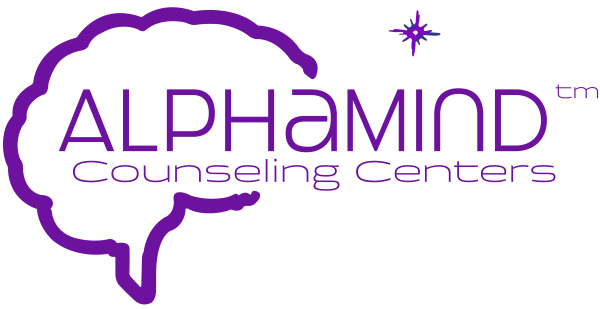EMDR therapy is a powerful, evidence-based treatment that can help people address a wide range of issues. If you’re thinking about EMDR therapy, you may be wondering if it’s right for you. This is a common question, and the answer isn’t always black and white. In this blog post, we’ll explore who is not suitable for EMDR therapy. Keep in mind that this is just a general guideline – please talk to your therapist to see if EMDR is right for you.
 Who is not suitable for EMDR therapy
Who is not suitable for EMDR therapy
EMDR is a form of therapy that is used to treat a variety of mental health conditions. It is most commonly used to treat symptoms of trauma, such as PTSD. EMDR can also be used to treat anxiety, depression, and other disorders.
While EMDR can be highly effective for many people, there are some individuals who are not suitable for this type of therapy. EMDR requires that the individual be able to tolerate a certain level of anxiety and stress, as well as have the ability to process emotions. Individuals who are not able to do these things may find EMDR to be too difficult or overwhelming.
One group of people who EMDR therapy is not suitable for are those who are currently experiencing hallucinations or delusions. This is because EMDR therapy involves focusing on specific memories, and people who are experiencing hallucinations or delusions may not be able to focus on specific memories in the same way that people who are not experiencing these symptoms can.
Additionally, EMDR is not typically recommended for individuals who have recently experienced a traumatic event, as they may not be ready to process the emotions associated with the event. If you are considering EMDR therapy, it is important to speak with a mental health professional to determine if it is right for you.
How to know if you are a good candidate for EMDR
EMDR (Eye Movement Desensitization and Reprocessing) is a type of therapy that can be very effective in treating trauma. It is important to know if EMDR is right for you before starting this type of treatment. While EMDR is not suitable for everyone, there are certain criteria that must be met in order for EMDR to be an effective treatment option.
First and foremost, EMDR is only suitable for individuals who have experienced a traumatic event. This event can be something that happened recently, or it can be something that happened long ago. However, it is important to note that EMDR is not effective in treating everyday stressors or anxiety.
 In order to be a good candidate for EMDR, you must also be willing to talk about your trauma with your therapist. EMDR requires you to relive your trauma in order to process it properly. As such, you must be willing to talk about what happened in order to make this type of therapy effective.
In order to be a good candidate for EMDR, you must also be willing to talk about your trauma with your therapist. EMDR requires you to relive your trauma in order to process it properly. As such, you must be willing to talk about what happened in order to make this type of therapy effective.
EMDR is also not recommended for those who are currently experiencing active substance abuse or mental health problems. The individual must be stable enough to participate in EMDR therapy without any risk of further harm to themselves or others.
If you meet all of the above criteria, then EMDR may be a suitable treatment option for you. If you are unsure whether or not EMDR is right for you, it is best to speak with a qualified mental health professional to get more information.
What to expect during an EMDR session
EMDR, or Eye Movement Desensitization and Reprocessing, is a type of therapy that can be used to treat trauma and other psychological disorders. EMDR therapy involves using eye movements to process and release difficult memories. EMDR sessions typically last for 60-90 minutes, and may be conducted on a weekly basis.
During the first part of the session, the therapist will work with the client to identify a specific memory or event that is causing distress. The therapist will then guide the client through a series of eye movements, while the client focuses on the memory or event. The therapist may also use other techniques, such as tapping or auditory stimulation, to help the client process the memory or event.
EMDR sessions are typically divided into three parts: preparation, processing, and closure. In the preparation phase, the therapist will help the client to identify their goals for therapy and establish a safe place. The processing phase is where the actual EMDR therapy takes place. And in the closure phase, the therapist will provide support and guidance as the client integrates the newly processed information into their life.
EMDR can be an effective treatment for trauma, anxiety, and other mental health conditions. If you are considering EMDR therapy, be sure to speak with a qualified mental health professional to learn more about what to expect during an EMDR session.
The benefits of EMDR therapy
EMDR (eye movement desensitization and reprocessing) therapy is a type of therapy that has been shown to be effective in treating a variety of mental health conditions. EMDR therapy can help to reduce symptoms of PTSD, anxiety, and depression. EMDR therapy can also help to improve sleep, increase self-esteem, and decrease negative thinking. EMDR therapy is conducted by a trained EMDR therapist who will guide you through a series of eye movements or other activities while you focus on a disturbing memory or event. The goal of EMDR therapy is to help you process the memories or events so that they are less distressing and to help you develop coping mechanisms to deal with future stressors. EMDR therapy has been shown to be an effective treatment for many people, and it may be an option for you if you are struggling with mental health issues.
Contact AlphaMind Brain Centers Today
 If you think EMDR may be a helpful treatment for you or someone you know, reach out toAlphaMind Brain Centers. Our team of experts can help determine if EMDR therapy is the right fit and explain what to expect during an EMDR session. With its many benefits, EMDR therapy has helped countless individuals heal from trauma-related issues like anxiety, depression, PTSD, and more. Begin your journey to ultimate wellness – contact us today to learn more about how we can help.
If you think EMDR may be a helpful treatment for you or someone you know, reach out toAlphaMind Brain Centers. Our team of experts can help determine if EMDR therapy is the right fit and explain what to expect during an EMDR session. With its many benefits, EMDR therapy has helped countless individuals heal from trauma-related issues like anxiety, depression, PTSD, and more. Begin your journey to ultimate wellness – contact us today to learn more about how we can help.

